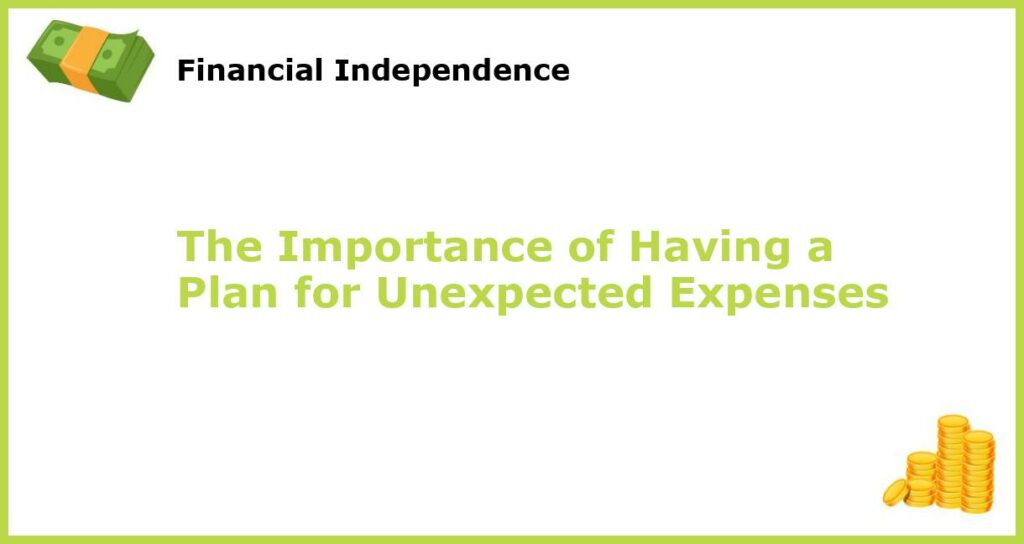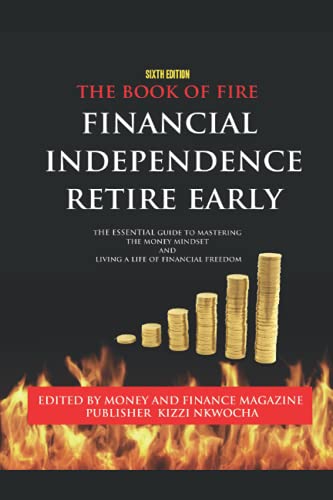Life is full of surprises, and unexpected expenses can arise at any time. This can include anything from a medical emergency, a car repair, or a broken appliance. These expenses can add up quickly and put a strain on one’s finances. Therefore, it’s important to have a plan in place to help prepare for these unexpected expenses and to reduce the stress they can cause. In this article, we will explore why having a plan is essential, the benefits of having one, and how to create a plan to prepare for these expenses.
Why You Need a Plan

Having a plan in place can help reduce stress and anxiety related to unexpected expenses. When a situation occurs, it’s vital to have a “roadmap” to know how to address the situation. A plan will provide guidance on a necessary course of action, and it also enables one to make better financial decisions regarding how to pay for these unexpected expenses. Additionally, a plan will make one more aware of one’s financial capabilities and will avoid unnecessary debts.
The Benefits of Having a Plan

One of the main benefits of having a plan for unexpected expenses is the peace of mind that comes with it. Knowing that one has a plan in place that can help alleviate the unexpected expenses can reduce stress and anxiety. It helps people feel more secure about their future and eases the financial burden. Furthermore, having a plan can encourage individuals to make better financial decisions and avoid unnecessary debt. Therefore, having a plan is an essential tool for all individuals.
How to Create a Plan

To have a plan in place for unexpected expenses, one must assess their financial situation. This includes analyzing their income, expenses, and savings. Then, determine how much should be saved every month to build an emergency fund that can ideally cover three to six months’ worth of expenses. To facilitate the process, it’s necessary to monitor one’s expenses and create a monthly budget that can prevent overspending on non-essential expenses.
The Role of Insurance

Insurance plays an integral part in making a plan for unexpected expenses. Health insurance can help cover medical emergencies, home insurance aids in covering property damage, and car insurance can help cover the cost of repairs or replacement in the event of A car accident. This will eventually reduce the burden of unexpected expenses on the emergency fund.
The Importance of Prioritizing

It’s essential to prioritize spending when unexpected costs arise. Focusing on the most critical expenses such as rent, mortgage payments, food, and utilities is vital to keep one’s head above water financially. Nevertheless, non-essential expenses like entertainment should be put on hold until the finances are stable again. Making smart choices and subsequent prioritizing provides a better chance to cover essential costs and prevent overspending.
The Role of Budgeting
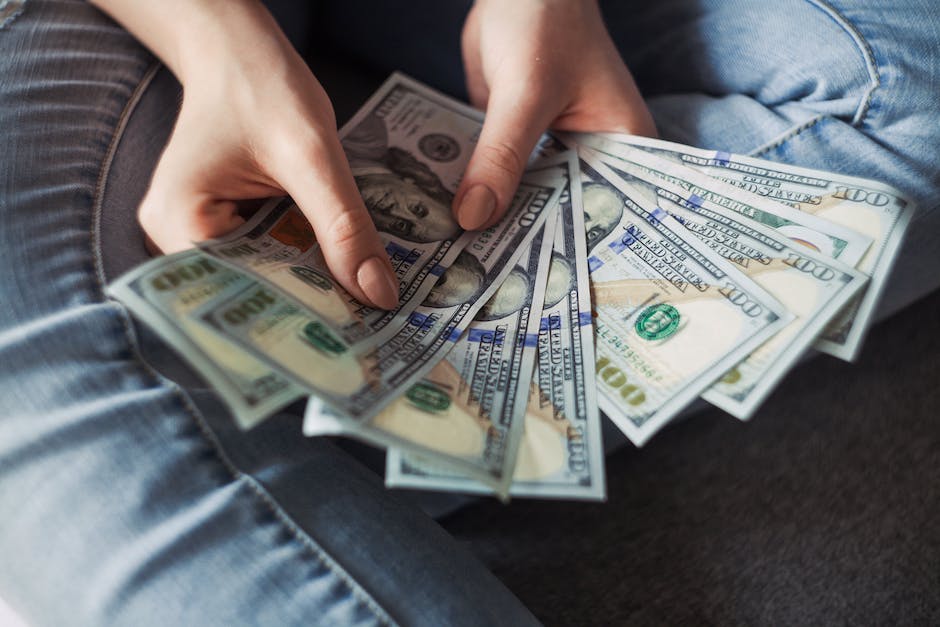
Budgeting is a tool that can help one prepare for unexpected expenses. By monitoring expenses and creating a budget, individuals can figure out areas where they can cut back on spending and save money for use in the emergency fund. Budgeting allows people to contribute more to their fund and pay off debts quickly. It facilitates sound financial decisions and enables people to control their financial future.
The Consequences of Not Having a Plan
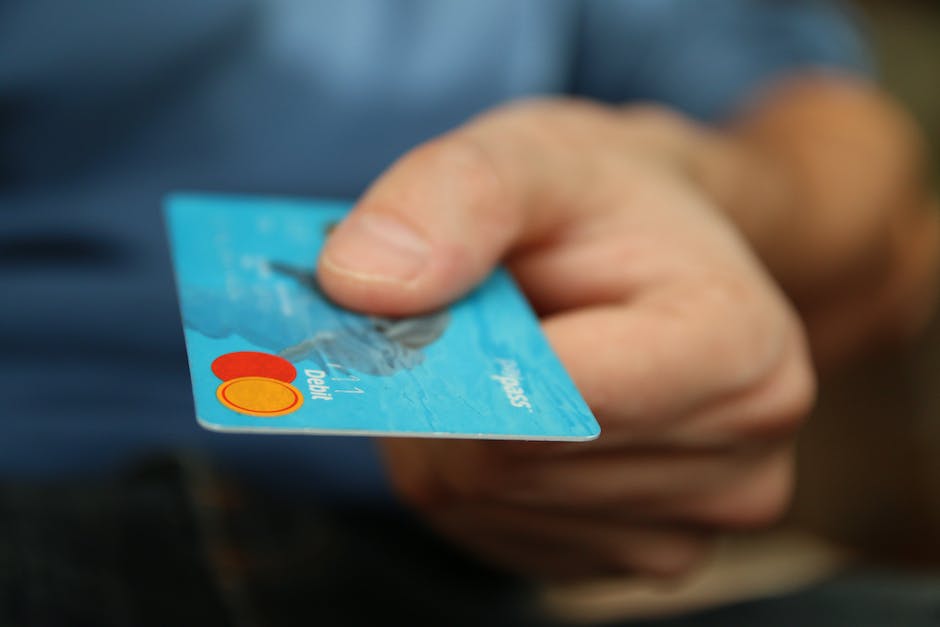
Without a plan for unexpected expenses, individuals can face profound financial stress and long-term consequences. In such a situation, it’s common to rely on credit cards, loans, or borrow money from family and friends to cover unforeseen expenses. This can lead to a cycle of debt that’s difficult to break. Not having a plan can make it hard to recover from the unexpected expense, financially speaking.
The Importance of Sticking to Your Plan
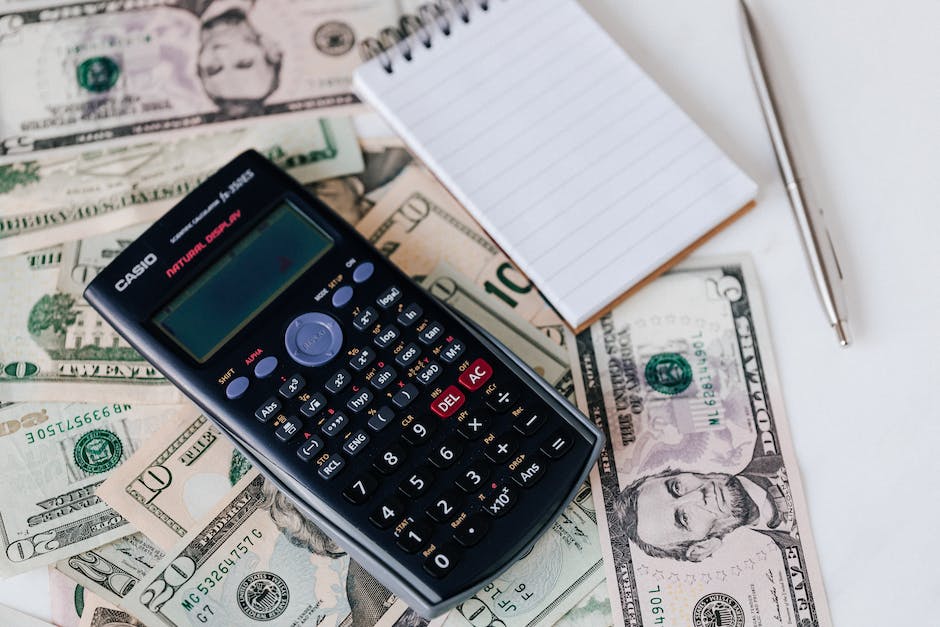
Creating a plan for unexpected expenses is only half the battle. It’s important to stick to the plan and continue saving for an emergency fund, even when things are going well. Continuously contributing to the fund will ensure that individuals are prepared when unexpected expenses arise. Sticking to the plan helps to maintain financial stability and has long-term financial benefits.
The Role of Professionals

Seeking the advice of a financial professional can be beneficial if people are struggling to create a plan to prepare for unexpected expenses. A financial planner can help assess the situation and create a plan that works for individuals. They can provide personalized guidance on how best to prepare for unexpected expenses and avoid financial difficulties.
The Bottom Line
To maintain financial stability and peace of mind, having a plan for unexpected expenses is essential. It’s crucial to assess one’s financial situation, save money for an emergency fund, prioritize spending, and stick to the plan. Budgeting one’s finances and monitoring expenses enhances the likelihood of maintaining financial stability. Seeking the advice of a financial professional can provide personalized guidance on how best to prepare for unexpected expenses. Overall, having a plan in place will make individuals more secure about their future and help them avoid unnecessary debt.

